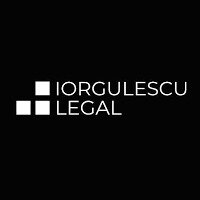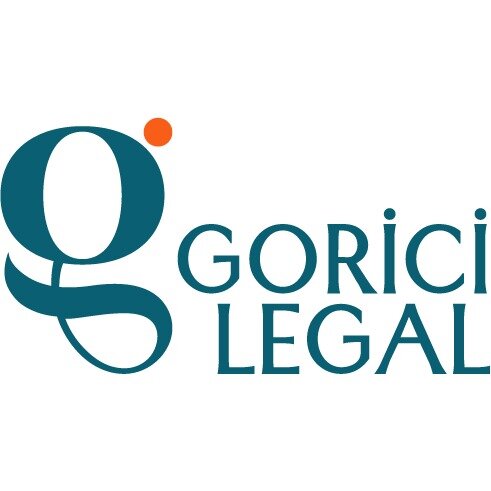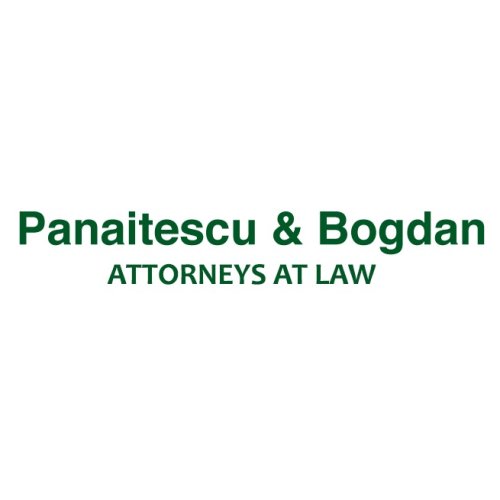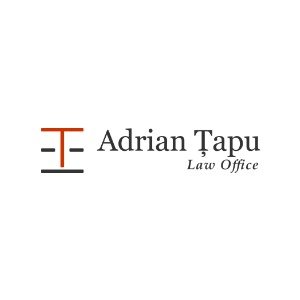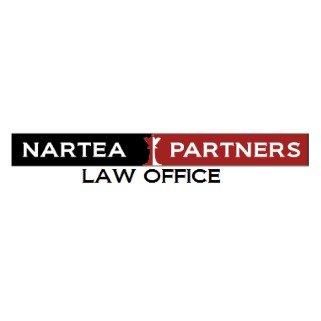Best Nonprofit & Charitable Organizations Lawyers in Romania
Share your needs with us, get contacted by law firms.
Free. Takes 2 min.
Or refine your search by selecting a city:
List of the best lawyers in Romania
About Nonprofit & Charitable Organizations Law in Romania
Nonprofit and charitable organizations in Romania operate within a legal framework that facilitates their contribution to social, cultural, educational, and environmental objectives. These organizations, typically structured as associations or foundations, focus on activities that provide public or community benefits without distributing profits to members or founders. Romania's legal structure encourages the establishment of such organizations through various incentives such as tax benefits and grants. The governing laws for these entities primarily include the Romanian Civil Code and specific regulations such as Government Ordinance No. 26/2000 on associations and foundations.
Why You May Need a Lawyer
Individuals or groups may require legal assistance for a variety of reasons when engaging with nonprofit and charitable organizations in Romania. Common situations include:
- Forming a nonprofit organization, which involves navigating complex registration procedures and ensuring compliance with local laws.
- Understanding and meeting tax obligations or exemptions applicable to nonprofit entities.
- Drafting and reviewing contracts or bylaws to govern the organization’s operations and relationships with third parties.
- Advising on compliance with specific reporting requirements and regulations, such as those related to fundraising and expenditure.
- Addressing legal disputes, whether with donors, members, or governmental bodies.
- Guidance on cross-border donations or collaborations with international nonprofit organizations.
Local Laws Overview
In Romania, laws governing nonprofit and charitable organizations are designed to ensure transparency, accountability, and the proper use of funds. Key aspects include:
- Registration: Nonprofits must register as associations or foundations, following procedures set out in Government Ordinance No. 26/2000.
- Corporate Governance: Nonprofits are required to have a governing body, usually a board of directors, and may need to comply with specific reporting and auditing obligations.
- Taxation: While nonprofits enjoy certain tax exemptions, they must still comply with the applicable financial reporting standards and periodic disclosures to tax authorities.
- Fundraising: Organizations must adhere to specific laws concerning public fundraising activities, ensuring transparency and donor trust.
Frequently Asked Questions
What are the basic steps to establish a nonprofit organization in Romania?
To establish a nonprofit, you must draft and notarize a founding document, create bylaws, secure a headquarters, and register with the appropriate Romanian Authorities.
Are there tax benefits available for nonprofit organizations in Romania?
Yes, nonprofit organizations can benefit from certain tax exemptions, but they are subject to fulfilling obligations related to reporting and transparent operations.
What types of activities can a nonprofit organization engage in?
Nonprofits can engage in a wide range of activities, including educational, charitable, cultural, social, scientific, and environmental initiatives.
How can a nonprofit organization ensure compliance with local regulations?
Compliance can be ensured by understanding applicable laws, maintaining proper records, regular audits, and consulting with legal professionals specialized in nonprofit law.
What are the governance requirements for a nonprofit organization?
Nonprofits typically require a board of directors, documented meetings, decision-making protocols, and may need periodic reporting to maintain their status.
Can international organizations operate in Romania?
International nonprofits can either establish a local presence by registering in Romania or collaborate with existing Romanian nonprofits to operate within the country.
What happens if a nonprofit organization is found non-compliant?
Non-compliance can result in penalties, revocation of tax benefits, legal action, or even dissolution of the organization.
Are there restrictions on foreign donations to Romanian nonprofits?
While foreign donations are generally permitted, they must be documented and reported according to Romanian financial regulations.
How can a nonprofit engage in fundraising activities legally?
Nonprofits must adhere to regulations governing public fundraising, ensuring transparency and accountability in the use of funds raised.
Is it possible for a nonprofit to become a for-profit entity in Romania?
Transitioning to a for-profit entity involves a complex legal process, often requiring dissolution as a nonprofit and re-registration as a business entity.
Additional Resources
The following resources can provide additional guidance and support:
- National Office for the Registration of Trade: Provides necessary documentation and procedures for registration.
- The Ministry of Justice: Governs nonprofit operations and compliance in Romania.
- Civil Society Development Foundation (CSDF): Offers resources and support for nonprofits in Romania.
- Financial Administration Services: Offers guidance on tax matters for nonprofit organizations.
Next Steps
If you need legal assistance in the field of nonprofit and charitable organizations, consider the following steps:
- Identify your specific legal needs, whether it’s forming a new organization, resolving a dispute, or another issue.
- Consult with a lawyer specializing in Romanian nonprofit law to ensure compliance and strategic guidance.
- Make use of resources available through governmental and non-governmental organizations to support your legal journey.
Lawzana helps you find the best lawyers and law firms in Romania through a curated and pre-screened list of qualified legal professionals. Our platform offers rankings and detailed profiles of attorneys and law firms, allowing you to compare based on practice areas, including Nonprofit & Charitable Organizations, experience, and client feedback.
Each profile includes a description of the firm's areas of practice, client reviews, team members and partners, year of establishment, spoken languages, office locations, contact information, social media presence, and any published articles or resources. Most firms on our platform speak English and are experienced in both local and international legal matters.
Get a quote from top-rated law firms in Romania — quickly, securely, and without unnecessary hassle.
Disclaimer:
The information provided on this page is for general informational purposes only and does not constitute legal advice. While we strive to ensure the accuracy and relevance of the content, legal information may change over time, and interpretations of the law can vary. You should always consult with a qualified legal professional for advice specific to your situation.
We disclaim all liability for actions taken or not taken based on the content of this page. If you believe any information is incorrect or outdated, please contact us, and we will review and update it where appropriate.
Browse nonprofit & charitable organizations law firms by city in Romania
Refine your search by selecting a city.




